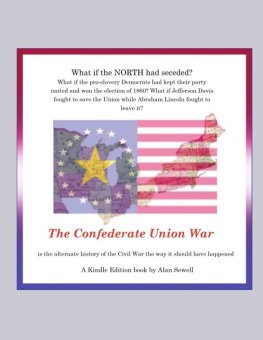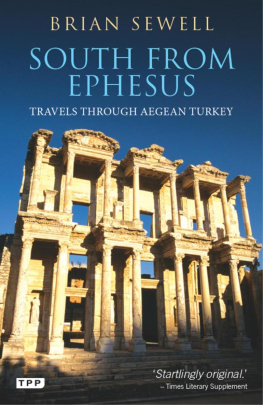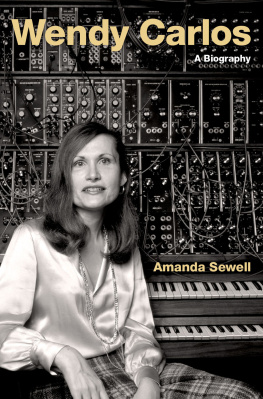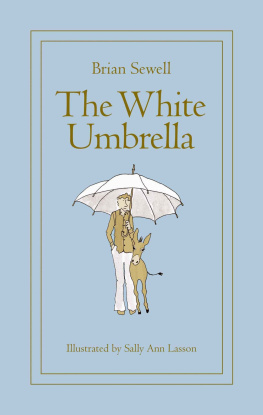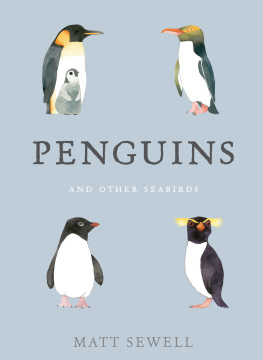Alan Sewell - The Confederate Union War
Here you can read online Alan Sewell - The Confederate Union War full text of the book (entire story) in english for free. Download pdf and epub, get meaning, cover and reviews about this ebook. year: 2013, genre: Science fiction. Description of the work, (preface) as well as reviews are available. Best literature library LitArk.com created for fans of good reading and offers a wide selection of genres:
Romance novel
Science fiction
Adventure
Detective
Science
History
Home and family
Prose
Art
Politics
Computer
Non-fiction
Religion
Business
Children
Humor
Choose a favorite category and find really read worthwhile books. Enjoy immersion in the world of imagination, feel the emotions of the characters or learn something new for yourself, make an fascinating discovery.
- Book:The Confederate Union War
- Author:
- Genre:
- Year:2013
- Rating:3 / 5
- Favourites:Add to favourites
- Your mark:
- 60
- 1
- 2
- 3
- 4
- 5
The Confederate Union War: summary, description and annotation
We offer to read an annotation, description, summary or preface (depends on what the author of the book "The Confederate Union War" wrote himself). If you haven't found the necessary information about the book — write in the comments, we will try to find it.
The Confederate Union War — read online for free the complete book (whole text) full work
Below is the text of the book, divided by pages. System saving the place of the last page read, allows you to conveniently read the book "The Confederate Union War" online for free, without having to search again every time where you left off. Put a bookmark, and you can go to the page where you finished reading at any time.
Font size:
Interval:
Bookmark:
Alan Sewell
The Confederate Union War
1
New York City, August 1, 1861
The military frontier on August 1, 1861
New York Tribune Editor Horace Greeley paced his office on the upper floor of his newspapers building. Hazy sunshine filtered into the room through layers of high clouds. The curtains in the window flapped in the desultory breeze. From this perch Greeley could see most of the archipelago of Metropolitan New York. Looking out the far window he had an unobstructed view across the rooftops and over the East River to the City of Brooklyn. The view from the west window looked out on the suburban towns across the Hudson spreading inland into New Jersey.
Greeley observed two flags flying over the city.
The old Stars and Stripes was flown by New Yorkers who sought neutrality from the civil war out there beyond the fortified lines ringing the suburbs, and by those too old or too provincial to care much about what went on in the hinterlands beyond the Hudson. The new Confederate Union flag, with its broad white and red vertical bars, was also visible above the cityscape. It had been designed by West Point Commandant Pierre Beauregard as his battle flag while fighting the Free Staters besieging the U.S. Military Academy up the Hudson. It had been taken up by citizens of Democratic Party affiliation who sought to recast the nation in their partys image as a confederation of sovereign states.
Off beyond the horizon, along the military frontier encircling the metropolis, flew the Gold Star flag of The United States of Free America. Greeley, a Republican Party man of antislavery sentiment, had considered relocating his paper to the territory held by his friends in Free America. But he had finally decided that he could better serve the cause by staying put and continuing to publish his paper here, hoping it would balance the views of the unabashedly pro-Confederate newspapers in town.
The mental effort required to present the war objectively to his Republican-voting readers made Greeleys head throb. They asked many questions, but they all boiled down to: Which side is going to win, and how should we position ourselves to gain the most advantage when the shooting stops? Was that big-city cynicism or simply a matter of pragmatism? After all, many of Greeleys readers were businesspeople. They did not care much about slavery one way or another. Their desire would naturally be to sit out a war they cared little about until peace returned and they could get back to their business of trading with both sides.
Of course it was impossible for anybody to be entirely neutral during a civil war. By not joining the Free States, Metro New York had severely diminished their chances of success.
Our adherence to the Confederate Union has denied the Free States near a million and a half people as well as their centers of finance and commerce. The loss of the ports and railroad terminals has them bottled up. Without their European trade they receive no foreign exchange. Their loss of prestige in failing to take Metropolitan New York with them into a new country has hurt them even more. England and France will not recognize the independence of a United States of Free America that does not include New York.
Some two hundred thousand Metropolitan New Yorkers had evacuated to Free State lines. These included the most ardent Abolitionists as well as most of the citys Negroes who feared that their rights as free men and women would not be maintained under the Confederate Union government. A few businesses and banks had relocated to Free State territory or at least had moved their financial papers there, but most were staying put and trying to do business as usual, and hoping that the war would soon be over. Nevertheless, the movement of people and businesses out of the city had been very much less than Greeley had expected. For now most New Yorkers were calculating that their fortunes were best served by remaining loyal to the Confederate Union, or at least being unobtrusively neutral, as Greeley himself was doing.
Greeley reminded himself that his readers were the one-third of New Yorkers who voted Republican. The two-thirds who voted Democratic were enthusiastically loyal to President Davis and his Confederate Union government. Davis had often spoken to the Democrats here in the late 1850s, being well-received as a moderate Unionist. He had increased his popularity by joining with Stephen Douglas to cut the ground out from under the Southern Secessionists who might have destroyed the Union before the Free Staters beat them to the punch. New Yorks Democrats were bent on making this city the beating heart of the Confederate Union.
The Democrats have economics working for them. Our businesses earn the lions share of their profits by lending, factoring, shipping, and speculating on the value of Slave State cotton. And our working classes, especially the recently arrived Irish immigrants, dont want to compete with Negroes for work. The Democrats keep telling them that if the Republicans have their way, theyll set the Southern Blacks free to swarm up here and take their jobs. Thats all Mayor Fernando Wood ever talks about.
And, of course, no New Yorker, Republican or Democrat, wanted to back the losing side.
Even most of our Republican voters will not cast their lot with the Free States until they are assured that they will win, and that is far from certain. Things might have been different if the Free States had won the Partisan War. They prevailed against the Democrats in Ohio and Pennsylvania but failed to break the Confederate Unions hold on Illinois, Indiana, and this metropolis. We now have a stalemate. Until it is broken New Yorkers are going to support the status quo, which as of now is the Confederate Union.
Greeley estimated that the same calculation was going on out in the Pacific Coast. Out there the territorial governments of California and Oregon had been organized by the Democratic administrations of Presidents Franklin Pierce and James Buchanan. Those presidents had packed the territorial legislatures and executive offices with Southern Democrats who had remained in office when the territories were admitted as states. California and Oregon had voted for the Democratic ticket of Stephen Douglas and Jefferson Davis by two-to-one. The one-third who voted Republican included a fair share of Abolitionists. But like their counterparts here in New York they were unlikely to rise up against the Confederate Union so long as Free State Independence was in doubt.
Greeley decided that the best way to explain all of this to his readers would be to show it on a map. To show his plate engraver what he wanted printed, he overlaid his map of the former United States with architectural tracing paper. On the tracing paper he drew with blue grease pencil the military frontier. He pasted lithographed miniatures of the Confederate Union and United States of Free America flags to the tracing paper to show areas where the forces were concentrating their militias.
Greeley knew that both sides were building their forces up around New York and Philadelphia in the East. In the Northwest each side was assembling armies in Indiana and Illinois. Greeley sensed that both sides were thinking that whichever one succeeding in occupying the whole of Indiana and Illinois would be destined to win the war.
Greeley did not estimate that The United States of Free America could survive the loss of these two states, which though free of slavery, were politically more closely aligned with the Democratic Confederate Union than with the Republican Abolitionist Northeast. He expected that if the Confederates gained complete over these two states then Ohio and Pennsylvania, also closely divided in sentiment, would be the next to fold. But if the Free States succeeded in pushing the Confederates south of the Ohio River, the Confederates would have to recognize that the re-conquest of the Free States was beyond their means.
Font size:
Interval:
Bookmark:
Similar books «The Confederate Union War»
Look at similar books to The Confederate Union War. We have selected literature similar in name and meaning in the hope of providing readers with more options to find new, interesting, not yet read works.
Discussion, reviews of the book The Confederate Union War and just readers' own opinions. Leave your comments, write what you think about the work, its meaning or the main characters. Specify what exactly you liked and what you didn't like, and why you think so.

